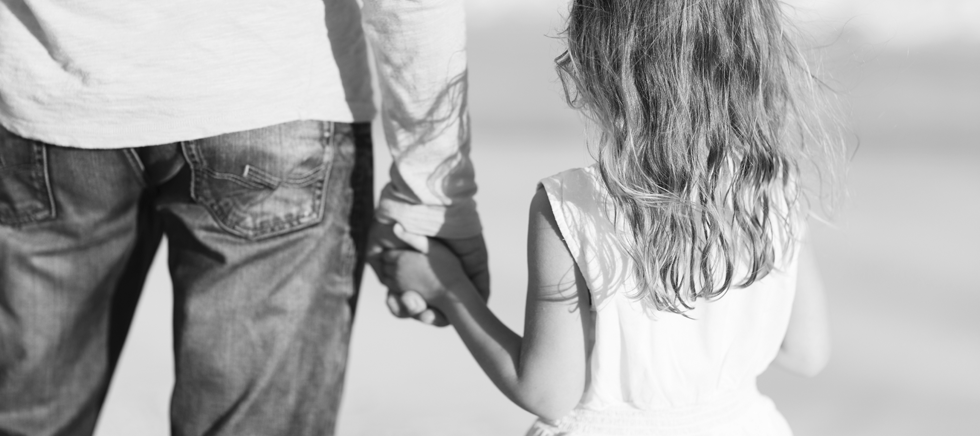Emotional
Most people experience only a small number of important attachments throughout their lives and therefore feel distress when these attachments are lost. You and your children will experience a mixture of emotions, including guilt, sadness, responsibility, relief, rejection, hopefulness, anger and distrust, and probably at different times. After separation, both parents and children go through a grieving process. According to the widely-accepted findings of renowned psychiatrist Elizabeth Kübler-Ross, typically people who are grieving experience transition phases of denial, anger, bargaining, depression and acceptance. These emotional phases may occur in any order and you may swing between one and then another.
Adults and children will behave and react differently depending upon which stage they are at. It is important to be aware of this since it will enable you to deal with any challenges that present themselves.
The 5 stages of separation:
- DENIAL
Initially it is normal to feel shocked and overwhelmed. You will ask yourself “is this really happening to me?”
- ANGER
Gradually all the feelings that you have been denying will begin to surface. This is part of the healing process and helps you let go of the pain.
- BARGAINING
This stage often involves the hope that you can postpone or delay the separation. Negotiation is often with your ex, or even some higher power. Children may feel responsibility for the separation or they may think that they can try and save the relationship.
- DEPRESSION
This is a feeling of sadness and the degree of sadness will differ for each person. During this stage you will realise the reality of your situation and give into the sadness of it. You may spend much more time crying. This is coming to terms with the end of your relationship. Experiencing these emotions shows that you have begun to accept the situation. Grief is a process of healing, and sadness is one of the many steps along the way. Remember that eventually these feelings will diminish.
- ACCEPTANCE
Usually a more normal pattern will emerge. You will start to feel more settled and more balanced. At this stage you will come to terms with the situation and learn to live with it. You will let go of the past and move forward into the future. The children will be able to move on sooner if you are able to move on from the situation.





